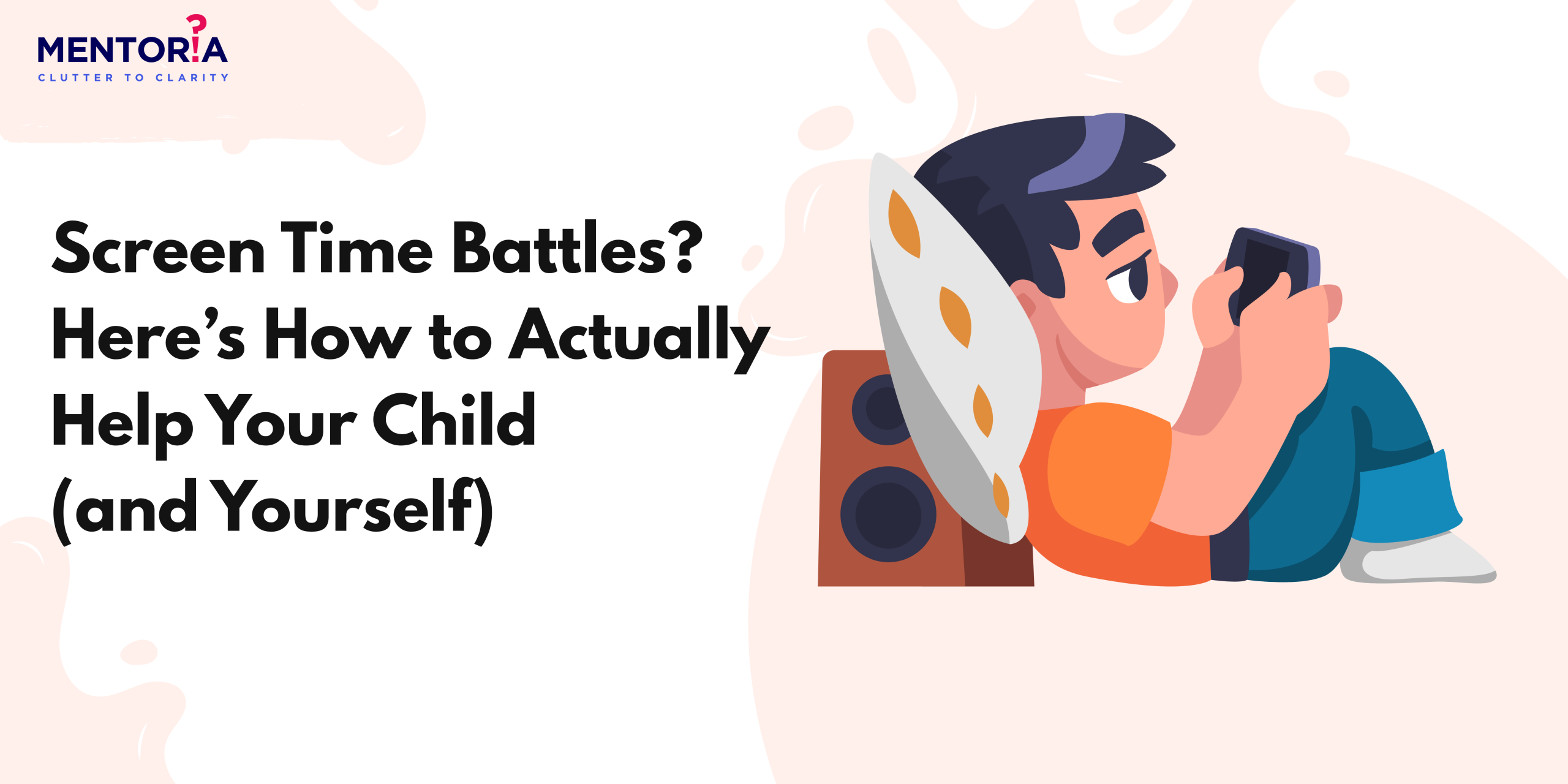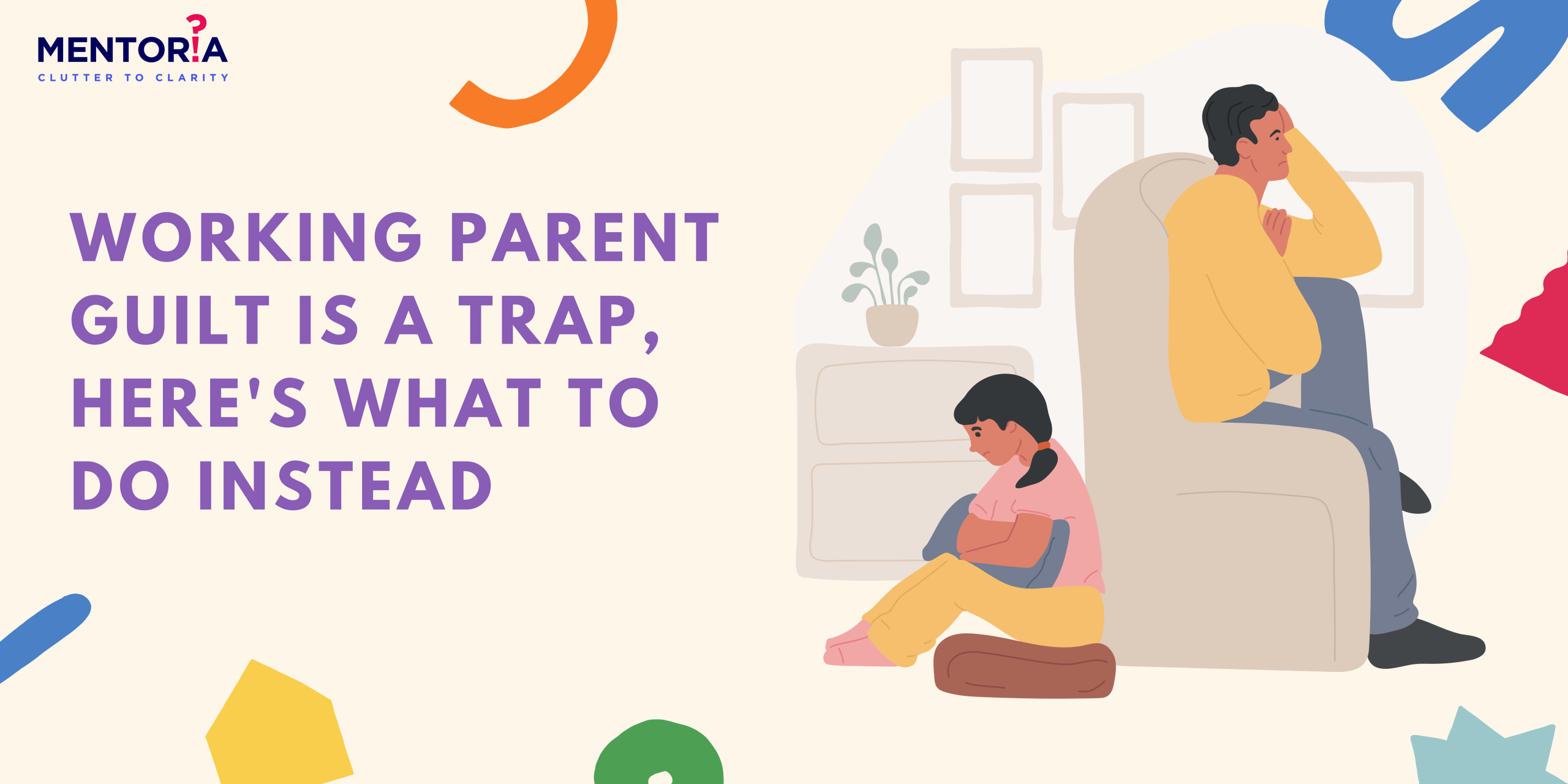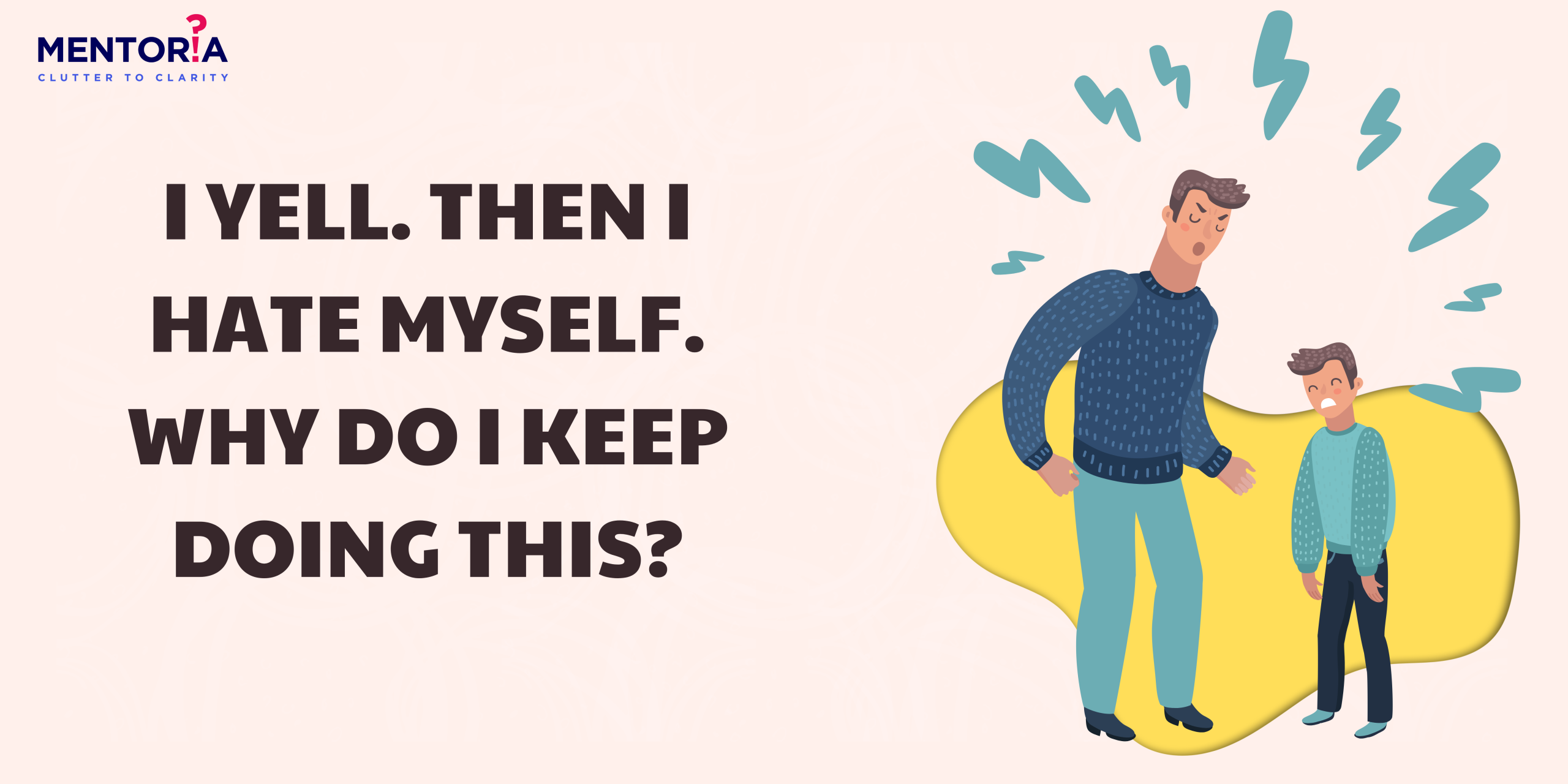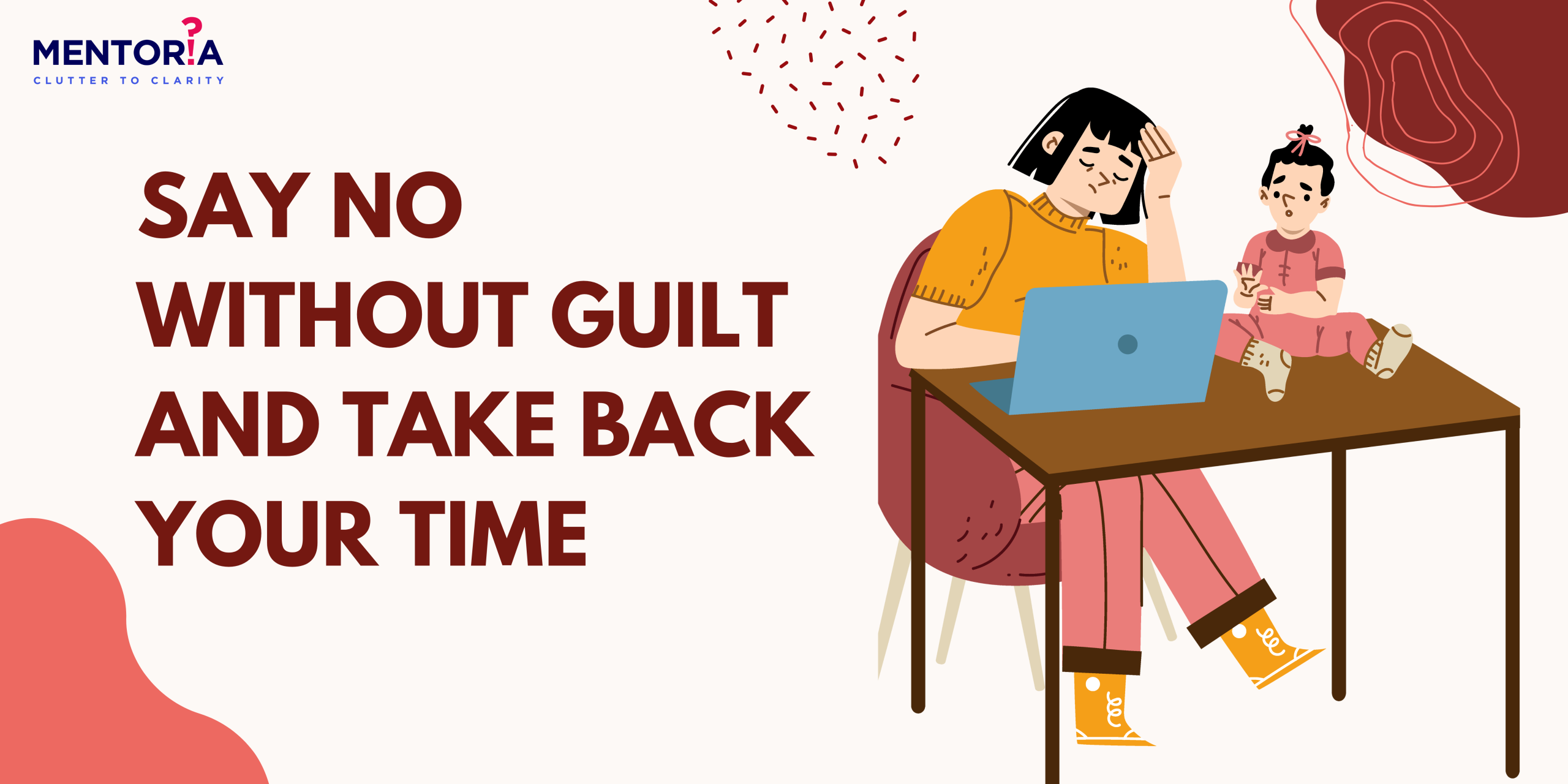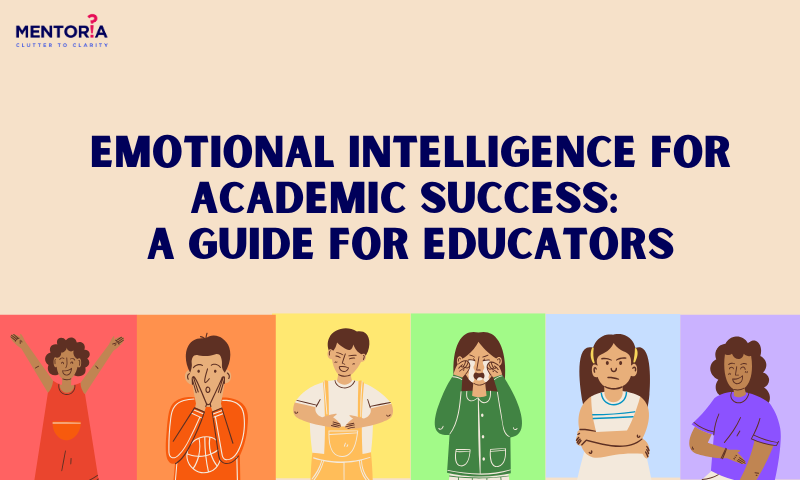How Musical Parenting Can Boost Your Child’s Development
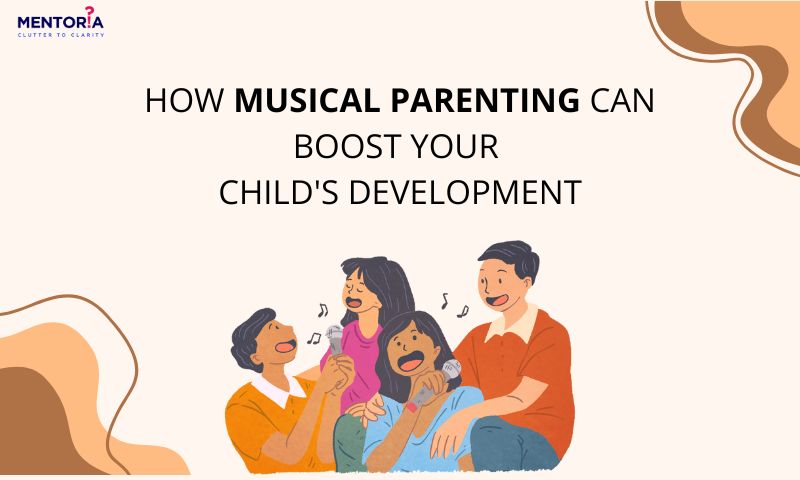
Why is music such a big deal? Well, it’s helpful for kids’ developing brains, and it’s not just for grown-ups to enjoy. Little brains are like sponges, and music is the ultimate brain food that helps them soak up all sorts of good stuff. It’s been scientifically proven to boost cognitive skills, enhance memory, and even elevate language development. But, you see, music is not just a bunch of notes and rhythms – it’s a universal language that teaches kids to express themselves, understand patterns, and appreciate the breathtaking beauty of sound.
Musical parenting is all about introducing kids to the wonderful world of music right from the get-go. Singing those lullabies, tinkering with tiny instruments, and having spontaneous dance parties – it’s all part of musical parenting. And let’s not forget the joy of sharing your favourite tunes and taking them to concerts, where they can witness the magic of live music up close. Now, when it comes to music therapy, it uses the incredible power of music to address a whole bunch of things – physical, mental, and emotional. If your child needs a little boost in their communication skills, a way to soothe their anxieties, or a helping hand in making new friends, music therapy can step up to the plate.
Parenting With The Power of Music
Fill your space with a rich tapestry of musical genres. From classical symphonies to funky jazz, soothing folk melodies to lively rock anthems, expose your child to the kaleidoscope of musical styles. This helps them appreciate the incredible variety of sounds and melodies our world has to offer.
Musical Discovery: Encourage your child to explore the sounds around them. You can embark on a scavenger hunt for everyday objects that produce interesting sounds – a pot and a wooden spoon for percussion, a glass filled with water for melodic tinkling, or simply clapping your hands in rhythm. It’s like creating your own mini orchestra at home.
Sing-Along Sessions: Singing familiar nursery rhymes, making up your own songs, or just humming along to your favourite tracks is a fantastic bonding experience. It’s an opportunity for your child to explore their vocal range and learn the art of storytelling through music. Feel free to get silly with it.
Dance Fever: Dancing is not just about grooving to the beat; it’s about building rhythm and coordination. So, crank up the music and dance like nobody’s watching. Your child will follow your lead, and together you’ll create some unforgettable dance-off moments.
Pick a Starter Instrument: Begin with something simple like a ukulele, keyboard, or even a basic percussion instrument like a tambourine. These are great choices for beginners of any age. Learning together as a family can be a fantastic way to inspire your child and make it a fun family project.
Music Lessons: Consider enrolling your child in music lessons if they show a keen interest. These lessons can provide structured learning and guidance from a professional. It’s like opening a door to a world of musical possibilities.
Concert Adventures: Explore local concerts, school performances, and music festivals. It’s a chance for your child to witness the magic of live music, feel the energy of a crowd, and see talented artists in action. The awe and inspiration they’ll derive from these events can be truly life-changing.
Backstage Magic: If the opportunity arises, consider going backstage or meeting the performers after the show. These behind-the-scenes experiences can leave a lasting impression and make the world of music feel more accessible and exciting.
Nurturing Interests: Whether your child is into drums, the flute, or even a kazoo, support their interests wholeheartedly. Celebrate their musical adventures and encourage them to pursue their passions.
Progress Praises: Acknowledge and appreciate your child’s efforts and progress, no matter how small. Their early musical attempts might not sound like a symphony, but it’s the journey and the joy of creating that matter most.
Music Therapy
Imagine a world where words fail to capture the depth of your emotions. For many children, this is a reality. They may find it challenging to articulate their feelings, whether it’s joy, sadness, or frustration. In the realm of melodies and rhythms, a child can let their emotions flow freely. Strumming a guitar, playing a tune on the piano, or even just humming a heartfelt song can be a safe outlet for their inner world. It’s like a musical diary where every note is a page filled with unspoken emotions.
Social Connection: In the midst of a music therapy session, children often find themselves in a harmonious circle, sharing the magic of music with their peers. These group activities promote social interaction, teamwork, and cooperation. Through the universal language of music, children learn to communicate, listen, and respond to one another. They build connections and friendships that extend beyond the therapy room. It’s not just about hitting the right notes; it’s about creating a symphony of social bonds.
Cognitive Development: Music therapy is not just about the heart; it’s a full-body workout for the brain. Children engage in activities that challenge their problem-solving skills, memory, and attention. For instance, they might follow complex rhythms, memorise lyrics, or decode musical patterns. This mental exercise enhances their cognitive abilities, making them sharper, more attentive, and better equipped to tackle the challenges of everyday life. It’s like a stimulating puzzle that keeps their brain humming with creativity.
Reducing Anxiety and Stress: Kids today face a myriad of stresses, from academic pressures to social anxieties. Music therapy provides a soothing refuge. The sounds and rhythms can act as a balm for their frazzled nerves, inducing relaxation and reducing tension. As children immerse themselves in the therapeutic sounds, they often find their worries melting away. It’s like a musical journey to a tranquil oasis, where the weight of the world lifts from their shoulders, leaving them refreshed and emotionally recharged.
Special Needs Support: For children with developmental or physical disabilities, music therapy is nothing short of a lifeline.Through tailored musical activities, children can improve motor skills, coordination, and physical strength. Instruments like drums or maracas become tools for rehabilitation, making the process fun and engaging. For non-verbal children or those with communication challenges, music therapy can open up new channels of expression. Whether it’s using music to convey feelings or making use of assistive devices, it fosters effective ways to connect with the world. It enhances the overall well-being of children with special needs. It offers a sense of achievement, self-confidence, and empowerment. The joy of creating music transcends limitations, allowing these children to experience life in all its beautiful dimensions.
Incorporating Music Therapy
To create a musical routine for your child, incorporate singing, dancing, and listening to music into their daily or weekly schedule. This consistent practise will provide them with comfort and structure. Additionally, consider investing in basic instruments like drums, shakers, or a xylophone, allowing your child to experiment and create their own music. However, be mindful of the music you choose to play, as some tunes may be too intense for their sensitive ears, while others can be calming and soothing. For bedtime, use gentle and melodic music to help your child wind down. Singing together can also be a wonderful bonding experience, whether it’s lullabies, songs with positive messages, or even creating your own tunes.
Parents should transform their homes into lively soundscapes where children may explore, create, and express themselves through musical parenting, to nurture their emerging skills and develop in them a lifelong appreciation for the beauty of sound. To create confident, creative, and happy individuals who see the world through a harmonious lens. In contrast, music therapy is a therapeutic ally that assists children in navigating the complicated emotions and obstacles they confront. It provides an outlet for silent feelings, creates social bonds, accelerates cognitive growth, and serves as a stress and anxiety-relieving sanctuary.
Enhancing Growth With Mentoria
Music is an important part of child development because it can help children to learn and grow in many different ways. It is also a fun and engaging activity that can create a more harmonious and loving home environment. Through Mentoria, students can develop their confidence, self-awareness, and communication skills. Our psychometric assessments can help students to learn more about their personality traits, interests, and values, which can help in career choices. And through our workshops for employees and career guidance and counselling for their children, we’re on a mission to transfrom lives of our future leaders from clutter to clarity, one aspirant at a time.





